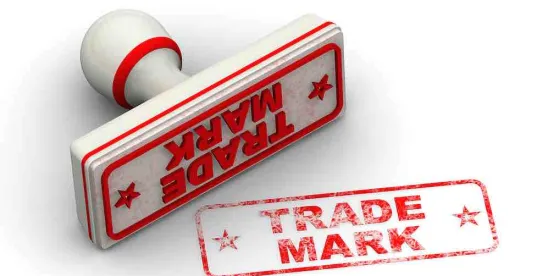China’s National People’s Congress recently passed the Law of the People’s Republic of China on Promoting the Private Economy (中华人民共和国民营经济促进法) with several intellectual property provisions. The Law goes into effect on May 20, 2025 and aims to “help create a stable, fair, transparent and predictable environment for the development of the private economy,” e.g., to restrict government overreach that hurts private companies such as the 2021 crackdown on the private tutoring industry.
A translation of the relevant IP provisions follow. The full text is available here (Chinese only).
Article 21 Banking financial institutions and others shall, in accordance with laws and regulations, accept guarantee methods that meet the requirements of loan business, and provide loans secured by accounts receivable, warehouse receipts, equity, intellectual property rights, and other rights pledges to private economic organizations.
People’s governments at all levels and their relevant departments shall provide support and convenience for the registration, valuation, trading circulation, and information sharing of movable property and rights pledges.
Article 30 The State shall ensure that private economic organizations participate in standard-setting work in accordance with the law, and strengthen information disclosure and social supervision in standard-setting.
The State shall provide private economic organizations with services and convenience in terms of scientific research infrastructure, technology verification, standards and norms, quality certification, inspection and testing, intellectual property rights, demonstration applications, and other aspects.
Article 33 The State shall strengthen the protection of original innovations by private economic organizations and their operators. The protection of intellectual property rights for innovation achievements shall be strengthened, a punitive damages system for intellectual property infringement shall be implemented, and illegal acts such as infringement of trademark rights, patent rights, copyrights, trade secrets, and counterfeit confusion shall be investigated and dealt with in accordance with the law.
Regional and departmental collaboration for intellectual property protection shall be strengthened to provide private economic organizations with rapid collaborative protection of intellectual property rights, diverse dispute resolution, rights protection assistance, guidance on responding to overseas intellectual property disputes, and risk early warning services.
Article 36 Private economic organizations shall, in their production and business activities, comply with laws and regulations concerning labor employment, work safety, occupational health, social security, ecological environment, quality standards, intellectual property rights, network and data security, fiscal and taxation, finance, and other aspects; they shall not seek illegitimate interests through bribery, fraud, or other means, nor shall they disrupt market and financial order, damage the ecological environment, harm the legitimate rights and interests of workers, or compromise social public interests.
State organs shall supervise and manage the production and business activities of private economic organizations in accordance with the law.



 />i
/>i
